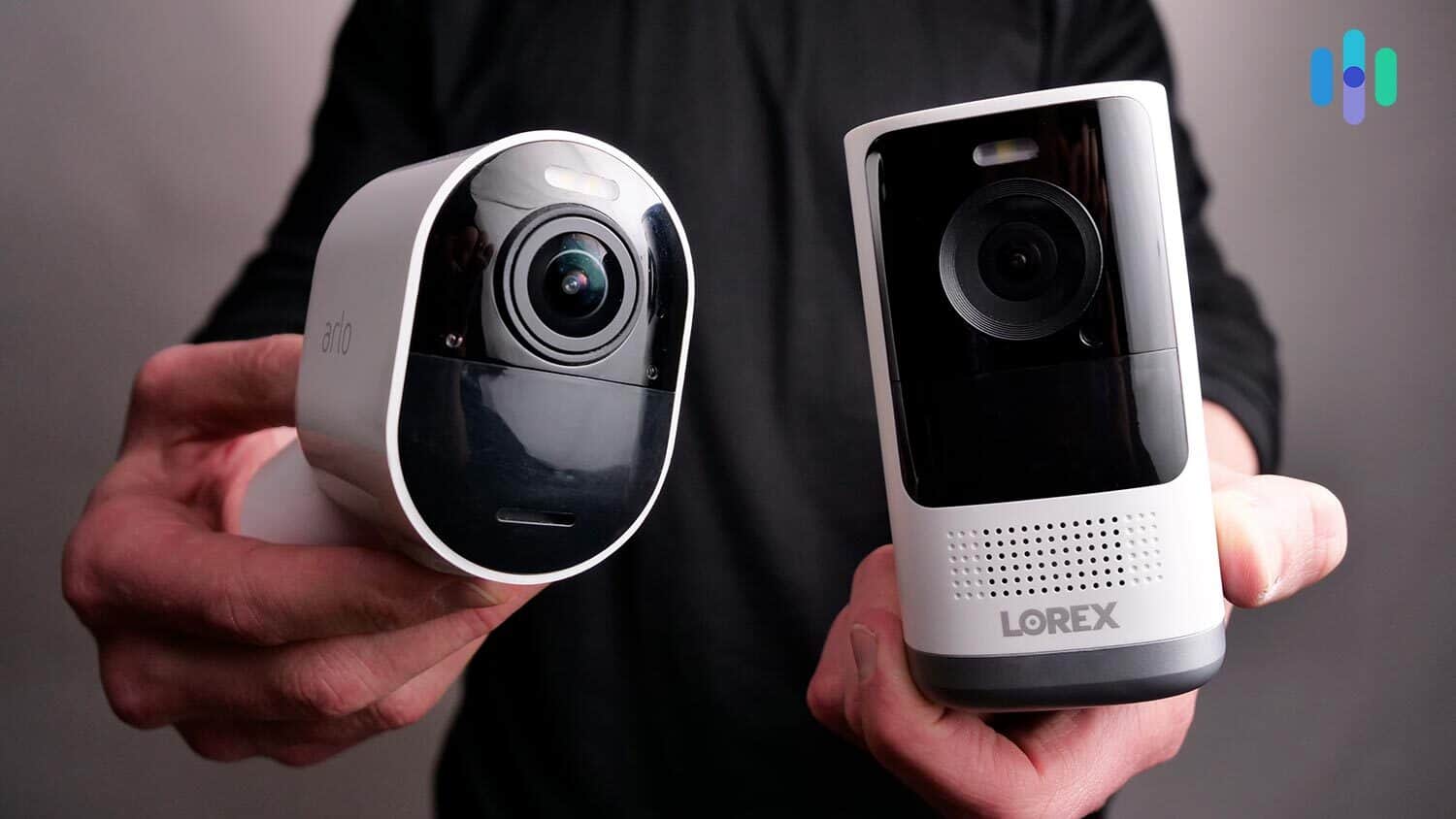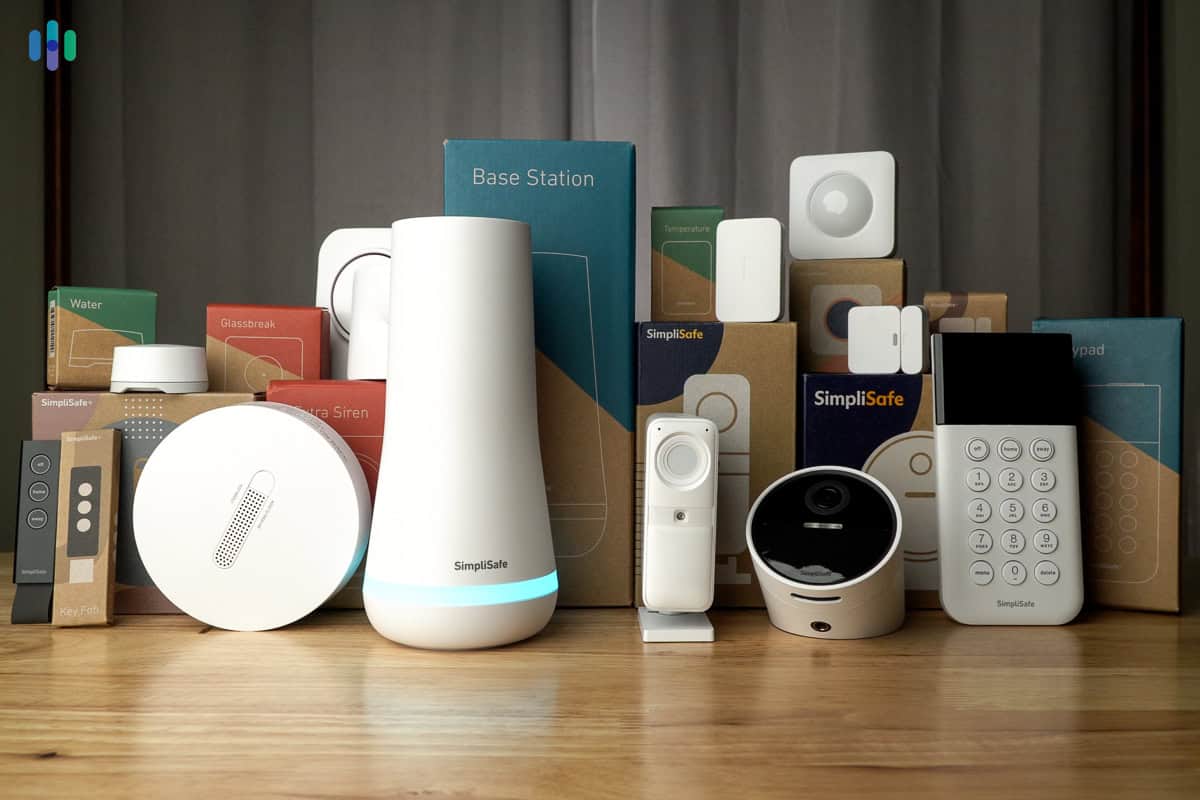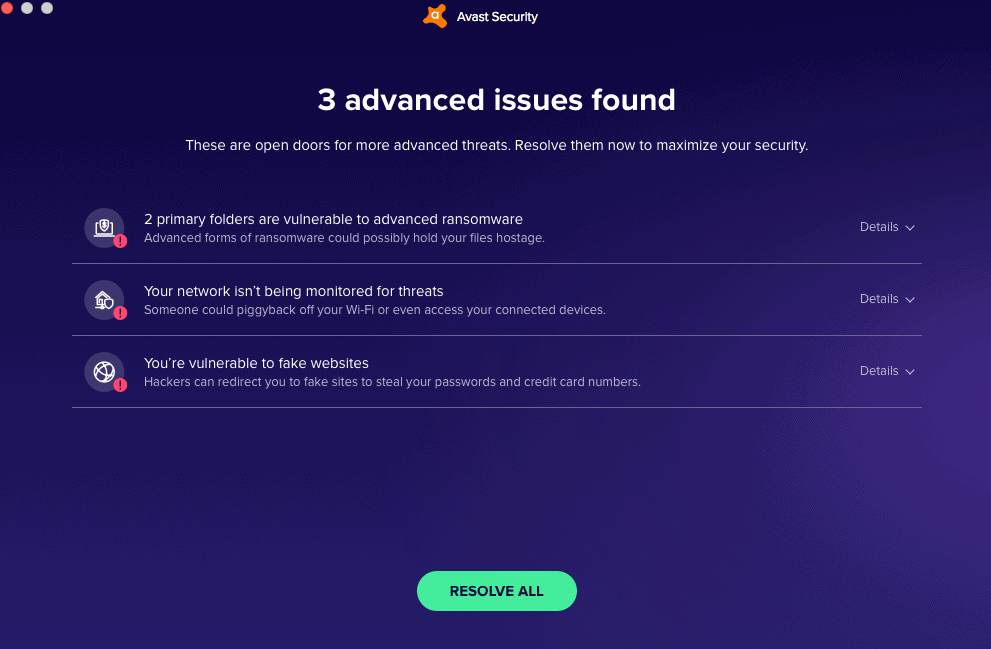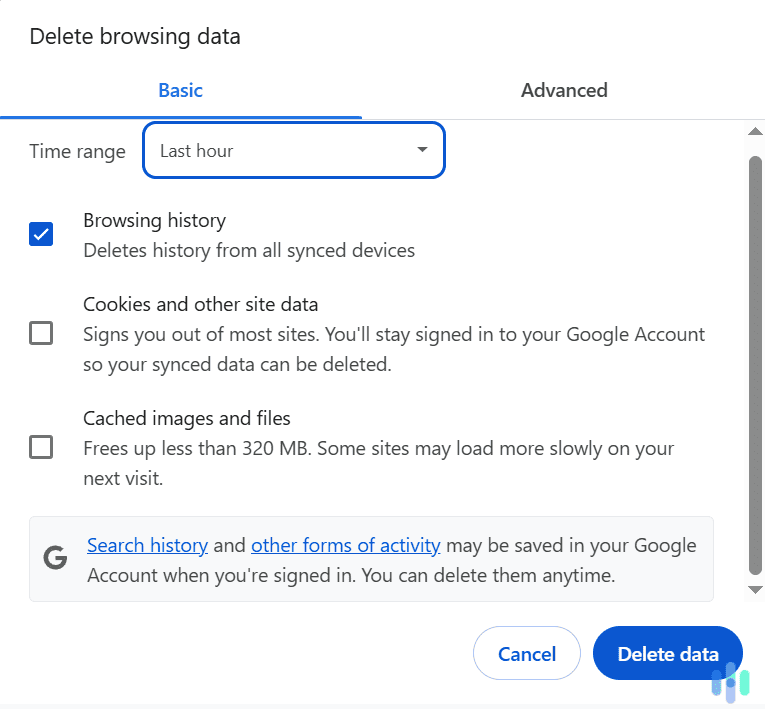Editor’s Note: To further protect your Airbnb, consider upgrading to a security system. Our article on the Best Vacation Home Security Systems includes solutions with additional features such as professional monitoring and safety detection of smoke and gas leaks.
True story: Whenever we stay at a hotel or short-term rental, one of the first things we do is sweep the place for hidden security cameras. It’s not that we’re paranoid. We interact with home security cameras regularly and we know just how much they can do for security. We also know how much they can invade one’s privacy, especially in the hands of people with malicious intent.
We’re passionate about security, but we’re also advocates of privacy. To us, Airbnb’s recent blanket ban on indoor security cameras is a step in the right direction. But there’s more to this story. So let’s dissect Airbnb’s new ruling and try to understand what it really means for our privacy and safety as guests.

Airbnb Bans Indoor Cameras
Airbnb hosts were previously allowed to have indoor cameras as long as:
- They disclosed having such devices.
- The cameras were placed in common areas like hallways and living rooms and out of areas where there’s greater expectation of privacy like bathrooms and bedrooms.
Under the new ruling though, all indoor cameras are no longer allowed.1 Airbnb also revised the rules regarding outdoor cameras and audio monitors. Here’s a summary:
- Outdoor cameras and noise decibel monitors are permitted as long as the host discloses them and their general location.
- Outdoor cameras should not monitor indoor spaces (e.g. looking in through a window) or outdoor areas with a greater expectation of privacy (e.g. enclosed outdoor showers or saunas).
- Noise decibel monitors must monitor noise levels only; they should not be able to record or transmit sound.
- Noise decibel monitors must only be placed in common areas like hallways and living rooms.
Those rules apply to all listings around the world, not just the United States.
Greater Privacy for Guests
Airbnb’s new policy is clearly aimed at protecting the privacy of guests. It’s a positive change, but it doesn’t make Airbnb deserving of a plaque either. It’s simply following the industry standard. Vrbo2, Booking.com3, and other similar short-term rental platforms have long disallowed security cameras inside rental properties.
There’s a good reason for that. Many of the popular indoor cameras have the ability to stream live videos to a smartphone and record video and audio. They can be used to watch, monitor, and spy on you, especially if the host has the sole access. It can be nerve-racking to know that that can happen in a space you rented and where you expect some privacy. At least now, Airbnb hosts will have no excuse if they overstep their boundaries. Airbnb says it will investigate violators and take action, including removing their listings or accounts.
FYI: In the United States, it’s illegal to use security cameras to record in places where greater privacy is expected. That could include the inside of a property you rented.
But Does It Mean Less Security for Guests?
It’s true that security cameras can deter crime, but their banning from Airbnb rentals doesn’t make guests any less secure. Here’s what one of our security experts has to say about that:
“Indoor security cameras actually don’t do as much as outdoor cameras in preventing crime. They are most useful in capturing evidence. When an indoor camera captures a burglar, that most likely means they have already broken in. And if I were that burglar, I’d take what I can before scramming.”
How about inside jobs – for example, caretakers who steal from guests? He added:
“Hosts should think about using other non-invasive security measures to make sure their properties are safe for their guests. Indoor cameras are not the only options. Outdoor cameras, doorbell cameras, and smart locks could be better alternatives. As for guests, they should make sure the properties they rent have enough security measures in place. I’ve seen security systems designed specifically for rental homes.”
He was referring to the Minut system we tested recently, a DIY security system that uses multi-purpose sensors to monitor properties. Among other things, Minut’s sensors detect motion, the sound of breaking glass, and loud noises (but doesn’t record audio, so it’s allowed in Airbnb rentals). But it’s not the only option. We actually have a list of ideal security systems for vacation homes.
Hidden Cameras – A Greater Threat to Privacy
Airbnb’s new security camera may be the right move, but it doesn’t solve the real issue: hidden cameras.
In 2015, a German Airbnb user sued Airbnb and the hosts of a property in Irvine, California after she allegedly discovered that there were undisclosed security cameras in the living room of the rental she stayed at.4 More recently in 2023, a Texas couple sued a Maryland host after they allegedly found a hidden camera lens inside a smoke detector right above the bed.5
Of course, hidden cameras are prohibited. Even before Airbnb’s indoor camera ban, hosts were required to disclose their security cameras and they were absolutely not allowed in intimate spaces. Those rules didn’t stop hosts with ill intent from installing hidden cameras, and we have every reason to believe that the new Airbnb security camera policy won’t, either.
FYI: We’re not completely against hidden cameras. In fact, we have a guide that covers how to hide security cameras outdoors. However, in indoor spaces particularly in rentals, hidden cameras almost always means someone wants to monitor you without your knowledge and that’s never a good thing.
How to Spot Hidden Cameras in Airbnb Rentals
That brings us to our last point: Even with Airbnb’s strict banning of indoor cameras and rules for other monitoring devices, we as guests should always be vigilant when renting a property.
Like we said from the very beginning, we always make sure the hotel rooms and rentals we stay at don’t have hidden recording devices. Here are some tips on how to do that:
- Turn off all lights and shut the curtains. Scan the room for small flashing lights which could be indicator lights of security cameras. Also look for dim, steady, red glows that could be the infrared lights of security cameras with Infrared night vision.
- With the lights still off and curtains shut, grab a flashlight and slowly shine it around every area. Look for bright reflections that could be camera lenses.
- Look for and inspect holes, gaps, vents, screw holes, wall outlets, clothes hooks in the shower, wall frames, etc. Those are common hiding places for hidden pinhole cameras.
- Train yourself to identify oddly placed objects, such as smoke alarms placed directly above a bed, USB chargers left plugged in, and stuffed toys in the corner of the room.
- Even if you’re not techy, you can use Wi-Fi scanning apps to scan the property’s Wi-Fi network. Internet-connected spy cameras will appear as a connected device. For unknown device types, use an online MAC address identifier tool to find out the brand and type of the connected device.
- Inspect mirrors; they could be two-way mirrors hiding a camera behind. For mirrors bolted into the wall, turn off the light and shine a flashlight on it. You’ll see if there’s something behind it.
Should you find a hidden camera, the first thing you should do is document it. Next, file a complaint to Airbnb, providing all the evidence you captured. It would also make sense to leave the property and take your things with you, in case the host retaliates. Filing a police report is optional, but you can also do that.
Summary
There should always be a balance between security and privacy. And we know that’s not always easy to attain. With Airbnb’s security camera policy at least, guests can now enjoy complete privacy inside the homes they rent, while leaving hosts enough privacy-friendly options to safeguard their properties.
Airbnb’s new camera-ban policy doesn’t solve all problems, though. We should still be wary of the dangers of hidden cameras when staying at a rental. But now, Airbnb has made it clear we as guests have the right to privacy.





